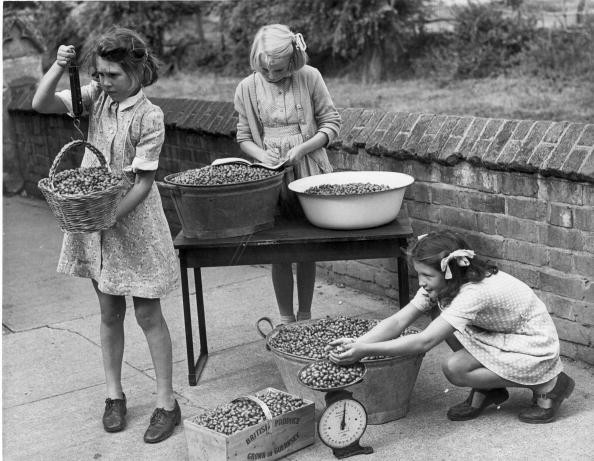
A well-known natural scar treatment may be used for a far greater reason: treating one of the most aggressive breast cancers.
The survival of a breast cancer patient depends on a number of factors, such as age, stage during diagnosis, types of treatment received, overall health, and the kind of breast cancer the patient has. One of the most common yet difficult forms of breast cancer is estrogen receptor positive.
Also known as ER+ cancer, it is described as highly resistant to chemotherapy as the cells themselves mutated, developing the ability to protect themselves from the effects of the treatment. Since the cells don't really die, they can easily spread to various parts of the body.
A classic treatment for this cancer is hormone therapy, in which the level of estrogen in the body and attaching themselves on the cancer cells is significantly lowered. However, a group of analysts is giving everyone a new option: rosehip extract.
As its name suggests, the extract comes from rosehip, which is the fruit of a rose. Rosehip extract is used to significantly improve the skin condition, reduce the appearance of scars, and retain skin moisture so it still feels supple and looks fresh.
The team from North Carolina Agricultural and Technical State University, led by Professor Patrick Martin, who works as an associate professor, experimented by adding different extract concentrations onto various the breast cancer cell tissue samples from diagnosed African-American women. The extract then, at the highest concentration, has the ability to reduce the resistance of the aggressive cancer cells by as much as 45%, making it much easier to be worked on by chemotherapy. Moreover, it can be used without any side effect.
According to the lead author, it would definitely be great if women can simply consume a rosehip tablet during the course of their treatment.
While more studies still need to be performed, previous literatures have suggested that the extract contains more than 50 times vitamin C than an orange.

